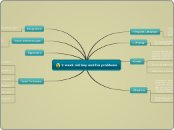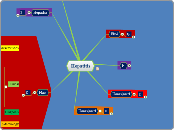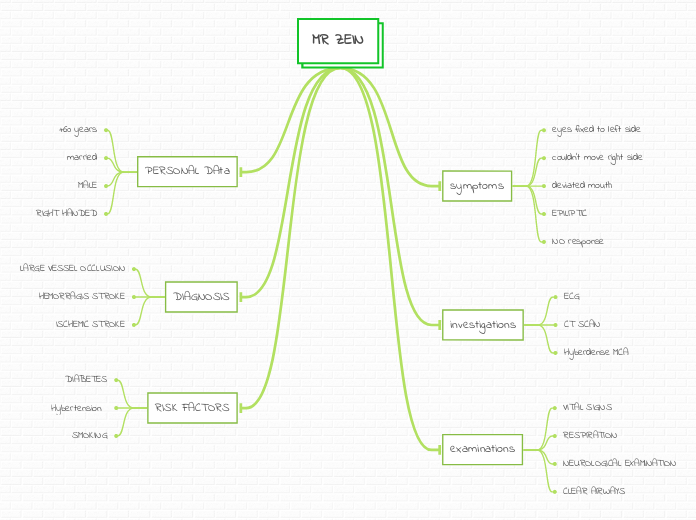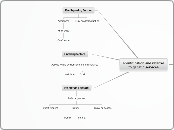da warren daniels mancano 11 anni
608
2 week old boy and his problems
Concerned parents of a two-week-old boy, who are Mennonites, have sought medical advice due to a sudden onset of symptoms in their son. Despite an uneventful pregnancy and delivery, the infant began experiencing difficulty nursing around the fifth day, eventually halting feeding entirely by the seventh day.









